Master of Arts in Anthropology: Public Archaeology (MAPA) Research
The faculty of Binghamton University's MA Program in Public Archaeology (MAPA) are specialists who have experience working across the globe. Recent work includes projects across North America (especially in the Northeast, Southwest, and Southeast), South America (Bolivia, Peru, and Ecuador), Mexico, Europe (France), and the Pacific (Easter Island). MAPA students are encouraged to work with faculty to gain experience in a wide variety of geographical, topical, and theoretical frameworks. Our faculty conduct research on material culture using the campus' cutting-edge technical laboratories. In addition to analytical facilities available for geochemistry, GIS, computing, remote sensing, and materials research, students have opportunities to gain experience in the 15 laboratories situated within the Anthropology Department, that range from ancient DNA to forensics to faunal analysis to artifactual studies.
Areas of Research
- Cultural Resource Management and Collaborative Archaeology
The core of the MAPA program is training students to work in the field of public archaeology, including in Cultural Resource Management – a career path dedicated to studying archaeological resources threatened by development projects. Students work closely with faculty to learn how to conduct collaborative research with descendent communities, to design and implement research, and to follow professional ethics guidelines. Students also learn report and grant writing and budgeting and project management. Students benefit from a close relationship between MAPA and the Public Archaeology Facility (PAF), a research center on campus specializing in cultural resource management. - Remote Sensing and Spatial Analysis
The study of archaeological landscapes is a critical aspect of student training at MAPA. Faculty train students to use satellite and drone-based aerial imaging as well as geophysics, including Ground Penetrating Radar and magnetometry, to study archaeological deposits and the broader natural environment. Supported by the Environmental Imaging Lab, students have access to one of the most comprehensive collection of remote sensing instruments in the United States, including almost a dozen drones of different sizes and payloads, and numerous geophysical instruments. Students also acquire critical spatial analyses skills, such as using GIS, surveying equipment, total stations, and GPS equipment. - Material Analyses
Object-based research is foundational to the MAPA program and students have opportunities to work with faculty that specialize in a wide range of materials, including pottery, lithics, and historic artifacts. Faculty instruct students to create and analyze three- dimensional models of objects using photogrammetry, laser-scanning, and structured light scanners in several lab settings, including the Virtual Anthropology Lab. A variety of instruments are also available for students interested in conducting compositional studies, including a pXRF and bench-top XRD. - Ancient Foodways
The ways in which past peoples fed themselves is a major focus of research and training in the MAPA program as faculty specialize in the analysis of both animal and plant remains. Studies are conducted in lab-based settings, including in the Laboratory of Ancient Food and Farming where students have access to numerous microscopes fitted with digital cameras and various lighting options. Students also work in the Archaeological Analytical Research Facility, a lab space containing several hundred animal skeletons and tools used for zooarchaeological analyses.
Opportunities
MAPA students have an opportunity to engage in a wide array of research opportunities, including fieldwork, lab work, and workshops. These projects are made available to MAPA students as an opportunity to gain technical skills, research experience, and hands-on training. Funding is available to offset costs associated with approved research.
Research Faculty in MAPA Archaeology
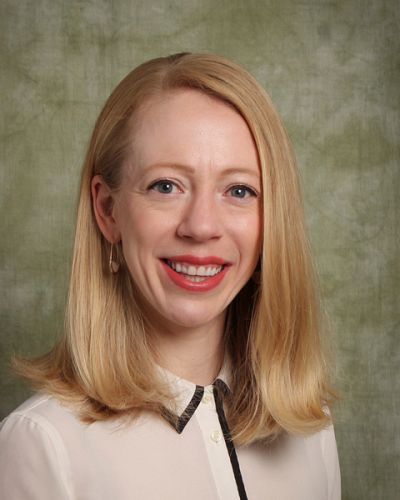
Research Interests
- Paleoethnobotany
- Landscape archaeology in the Andes Mountains of South America
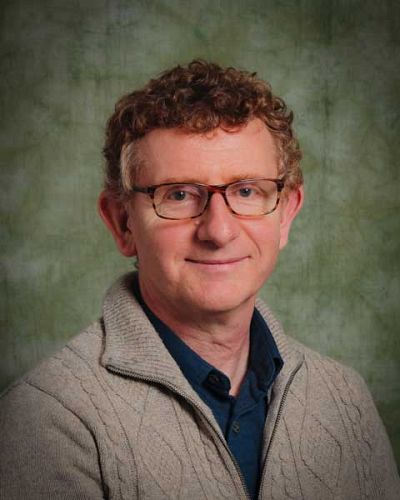
Sebastien C.P. Lacombe
Research Assistant Professor/Director of Undergraduate Studies
Research Interests
- Archaeopetrography
- lithic analysis and sourcing
- landscape archaeology
- experimental archaeology
- CRM
- Prehistoric Europe
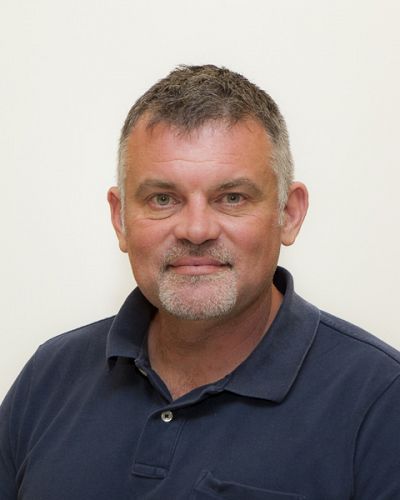
Carl P. Lipo
Professor; Associate Dean for Research and Programs
Research Interests
- Island Archaeology (especially Rapa Nui/Easter Island)
- Cultural Transmission and Evolutionary Archaeology
- Remote Sensing, UAV Photogrammetry, and GIS
- Luminescence Dating and Geophysical Methods
- Climate Change Impacts on Sustainability in Island Environments
- Ceramic Technology and Chronology in North America
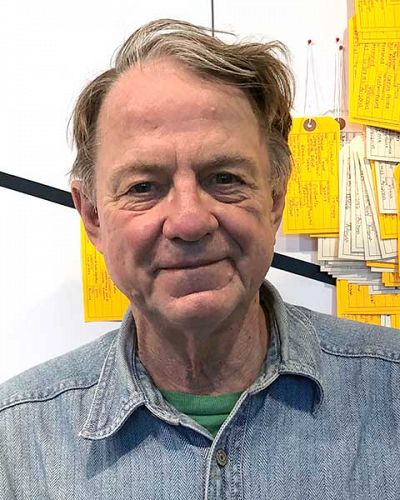
Research Interests
- Archaeology
- Social theory
- Historical archaeology
- US Southwest
- Northern Mexico
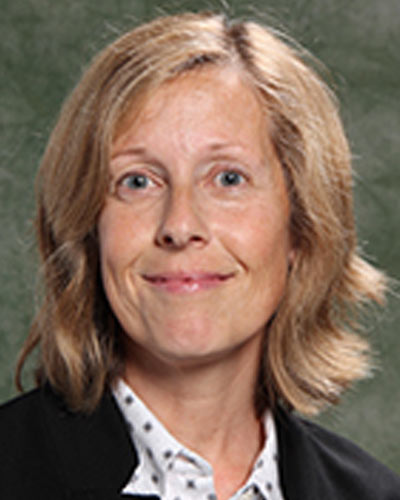
Research Interests
- Cultural Resource Management
- Northeastern United States
- Late Precontact Period
- Pottery Analysis
- Public Outreach and Archaeology
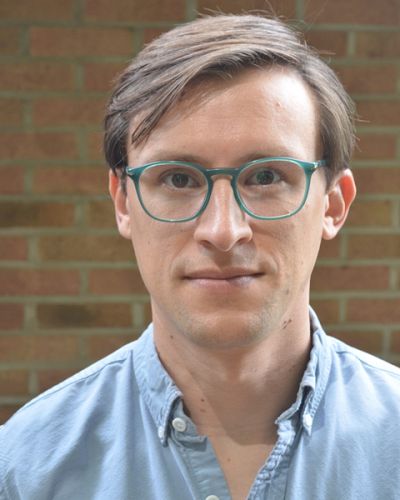
Research Interests
- Archaeology of the Ancient Maya
- Comparative Studies of Societal Collapse and Recovery
- Frontiers and Early Complexity
- Social Dynamics of Urban Landscapes
- Collective Memory
- GIS and Spatial Analysis
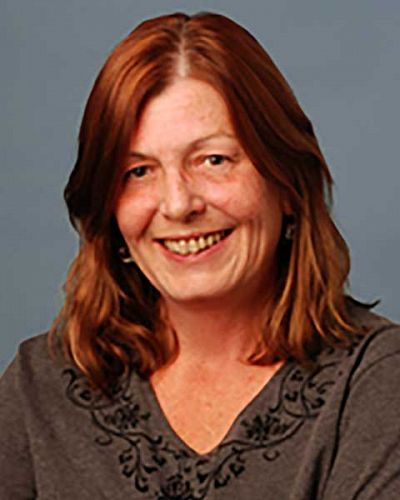
Maria O'Donovan
Senior Staff Assistant; Director of MAPA Program
Research Interests
- Cultural Resource Management and Heritage
- Historical and Contemporary Archaeology
- Northeastern United States
- Social Theory
- Landscape
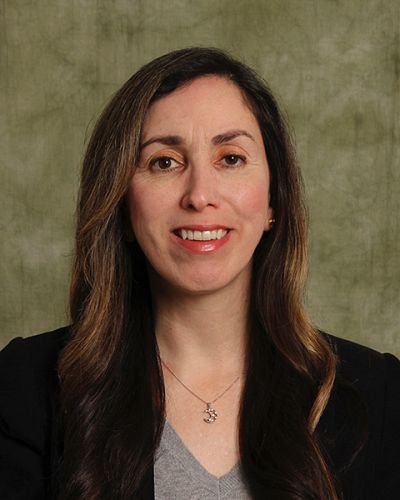
Lubna Omar
Lecturer; Associate Director/CMENAS
Research Interests
- Zooarchaeology
- Near Eastern Archaeology
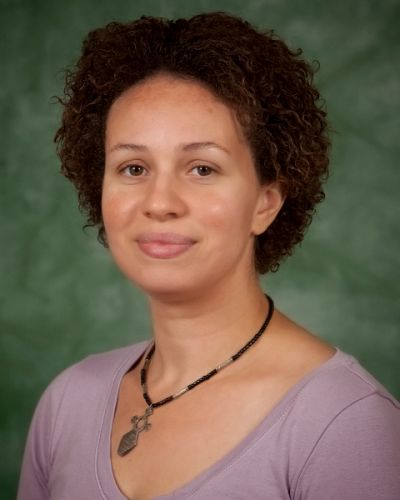
Research Interests
- Lithic Analysis
- Feminism and Gender
- Communities of Practice
- Sociopolitics of Archaeology
- Ethics of Archaeology
- Prehistoric Europe
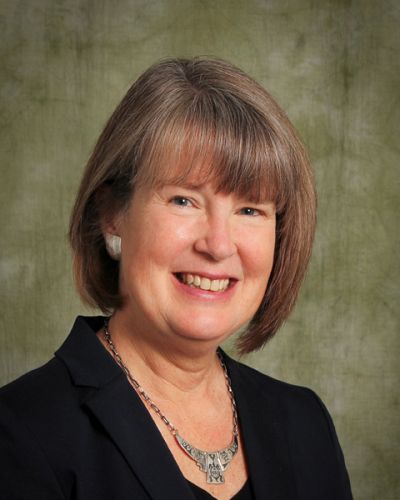
Research Interests
- Southwest United States
- Landscape, place, and space
- Social theory
- Phenomenology, materiality, and representation
- Historical archaeology
- Archaeology of pilgrimage
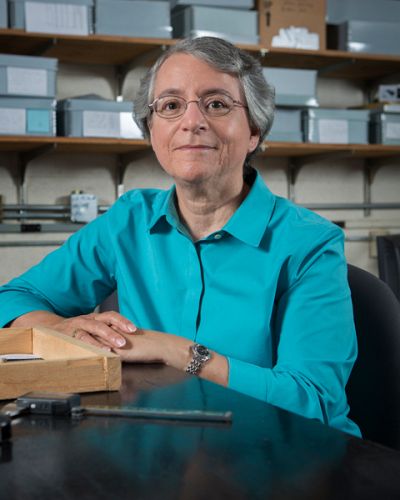
Nina M. Versaggi
Research Associate; Senior Research Associate
Research Interests
- Cultural resource management
- Northeastern U.S. archaeology
- Hunter-gatherer land use patterns
- American battlefield archaeology
- Native American consultations and collaborations
- Archaeology in the classroom